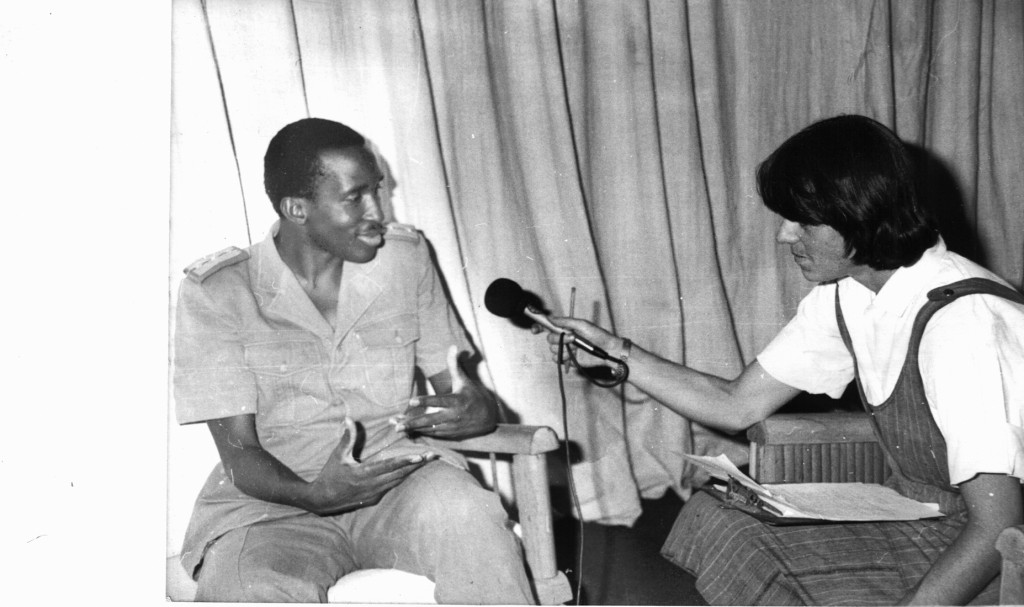More than seven decades after the killings at Kolloa, the memories of that day remain vivid for families and communities who continue to live with its consequences. While historical wounds fade for some, for others they are daily realities , land disputes, disrupted social networks, and the absence of official recognition. The central question persists: can meaningful closure be achieved without formal acknowledgement and accountability from the state that once exercised colonial power?
A brief historical frame
In the mid-20th century Kenya was under British colonial administration, a period marked by confrontations between colonial authorities and communities asserting rights to land, livelihood and dignity. Among the many tragedies of that era was the violence at Kolloa in 1950, an event remembered locally as a massacre that left numerous civilians dead or displaced. The episode sits alongside other painful incidents from the colonial period that shaped modern Kenyan politics and social fabric.
Lasting human and social costs
The immediate human toll of the Kolloa killings was devastating: families lost breadwinners, elders died without ceremonies, and children grew up with questions that received no answers. Beyond immediate loss, the broader social effects were profound. Trauma passed between generations; customary land arrangements were disrupted; and economic instability was deepened where agricultural livelihoods had been compromised. These consequences are not merely historical footnotes — they underpin present-day grievances, local demands for restitution, and calls for institutional reform.
Where accountability ends and denial begins
Official responses from the former colonial power have, historically, been uneven. While some colonial-era wrongs in different contexts have eventually been acknowledged or partially redressed, many communities feel that Kolloa and events like it have been overlooked. For survivors and descendants, silence or minimization by authorities is experienced as a second injury: not only was harm done, but it has been allowed to linger without recognition.
Denial in this context is not always an explicit refusal to accept facts. It can also take the subtler form of bureaucratic inertia — slow, partial, or evasive answers to petitions; limited access to archival materials; or an official narrative that prioritizes broader historical explanations over specific responsibility. Each of these responses hinders the possibility of meaningful reconciliation.
Why formal recognition matters
Recognition from a state or its institutions does more than satisfy a symbolic demand. It validates lived experience, establishes an official record, and opens pathways toward reparative measures. A formal acknowledgment can clear the way for investigations, memorialization, and compensation schemes. It also plays a civic role: it reaffirms the rule that wrongdoing, even under the guise of colonial governance, will not be left unexamined.
Without formal recognition, local histories are at risk of being marginalized. Oral memory carries truth, but it is fragile in the face of time, migration and generational change. An official record helps preserve that memory and affirms the dignity of those who suffered.
Legal and moral avenues for redress
Calls for accountability at Kolloa often draw on both legal and moral foundations. Legally, victims and their heirs may pursue truth through access to archives, independent inquiries, and litigation where jurisdiction permits. Practical barriers , from missing records to the passage of time , complicate such efforts, but they do not render them impossible.
Morally, the argument for redress rests on principles of justice: the idea that harms inflicted by a governing power should be acknowledged and, where possible, remedied. Reparations need not be purely financial; they can include official apologies, educational initiatives, memorials, land restitution, and community development investments designed with survivors’ input. These measures help restore dignity and build conditions for sustainable reconciliation.
What communities are asking for
Voices from affected communities typically ask for a combination of truth-telling, tangible remedies, and institutional guarantees against repetition. Truth commissions or independent historical inquiries can clarify the sequence of events and the responsibilities of actors. Local leaders often seek reparative projects that address economic deprivation linked to the past violence , for example, support for farming, access to public services, and formal recognition of land rights.
Crucially, these interventions work best when they are designed in consultation with those directly affected. Top-down solutions risk reproducing patterns of exclusion; participatory processes help ensure that redress is meaningful and aligned with local priorities.
Broader implications for national healing
Addressing Kolloa is not only about one village or one episode. It ties into a national conversation about how history is remembered and how justice is enacted. Countries that confront painful chapters in their past , through archives, schools, and public commemoration , create more robust foundations for civic trust. Conversely, persistent silence about historical violence undermines democratic norms and can fuel contemporary grievances.
Furthermore, acknowledging colonial-era harms can contribute to healthier international relations. When former imperial powers recognize and engage with past injustices, they model a standard of responsibility that strengthens global human-rights norms.
A path toward closure
Closure is rarely immediate. It requires patience, institutional courage, and political will. Practical steps might include opening national and foreign archives to researchers, commissioning independent historical investigations, convening dialogues between affected communities and state representatives, and developing reparative programs co-designed with survivors. Each step signals a commitment to truth and to rebuilding trust.
Importantly, closure is not an invitation to forget. It is a process that preserves memory while enabling present and future generations to live without the burden of unresolved grievance. For communities around Kolloa, meaningful closure would transform pain into a foundation for dignity and development.
Conclusion: Justice, memory, and the responsibilities of states
The legacy of the Kolloa killings is a test of how societies confront their past. When a state declines to fully reckon with historic abuses, it leaves open wounds that impair social cohesion and moral authority. Conversely, acknowledging wrongdoing , and taking concrete steps to remedy harms , strengthens the rule of law and affirms the humanity of those who suffered.
For Britain, Kenya and the international community, the challenge is clear: to translate historical awareness into accountable action. Communities seeking closure deserve more than rhetoric; they need transparent inquiry, meaningful reparative programs, and a public record that ensures such tragedies are neither forgotten nor repeated. Only through deliberate and sustained effort can memory be honored, injustice addressed, and true reconciliation made possible.
For more news: africaciviclens.com




